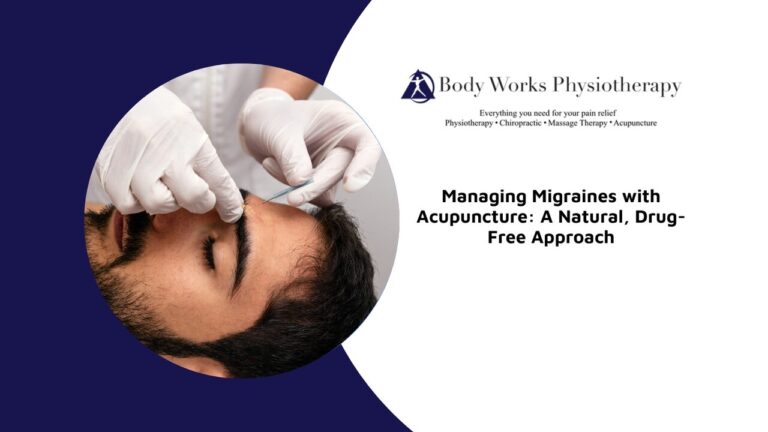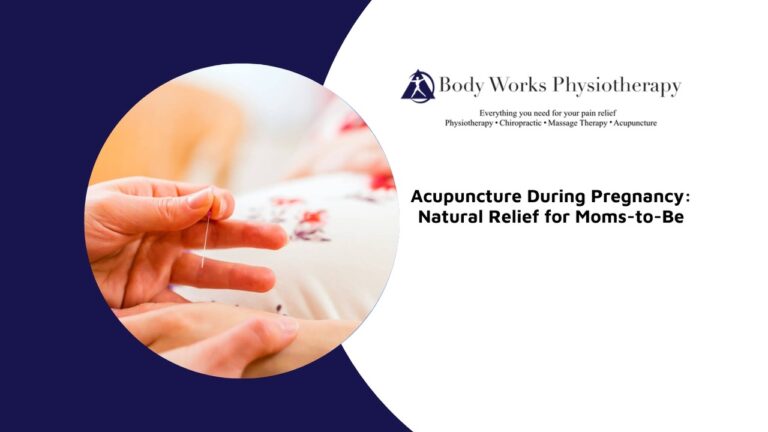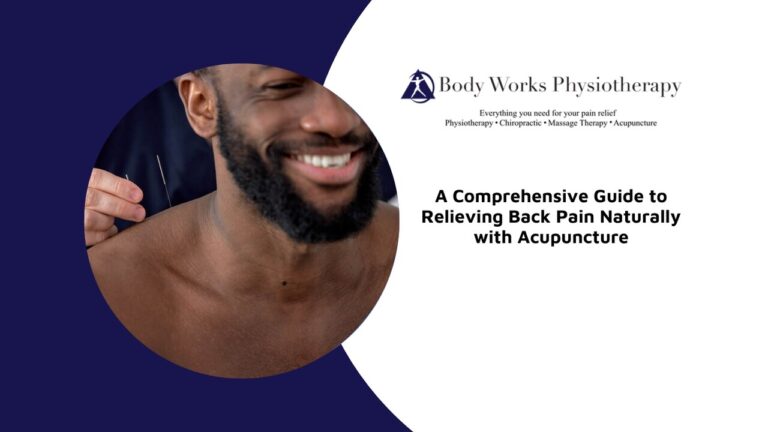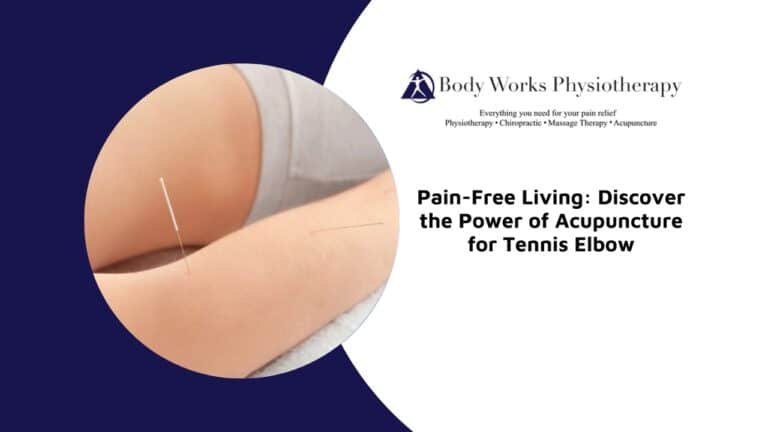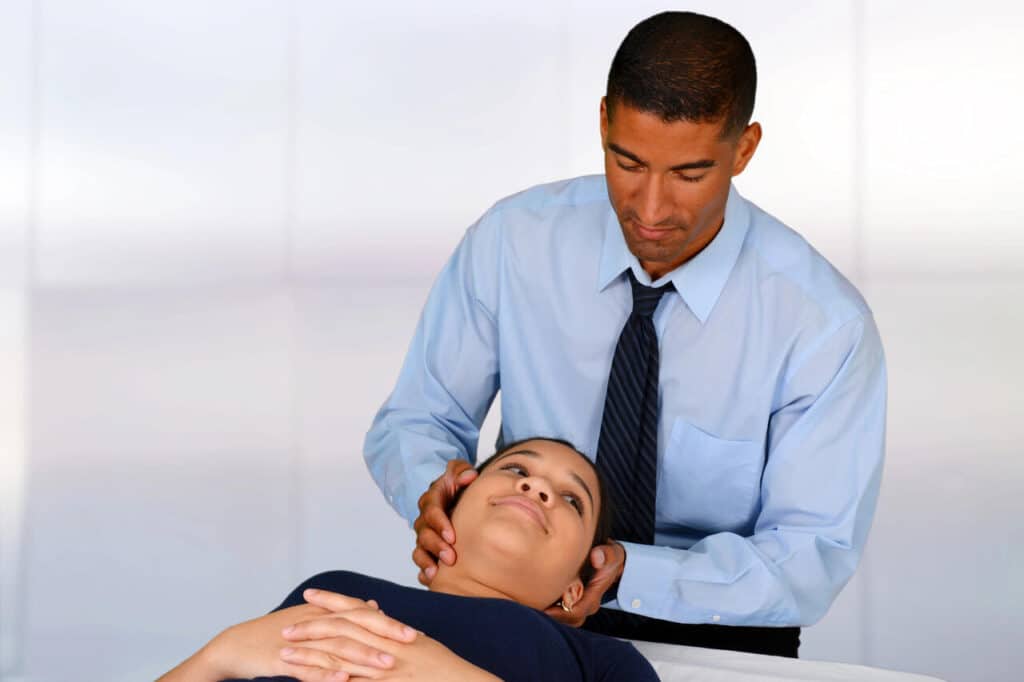
Ear-related issues such as tinnitus, ear pain, and dizziness can significantly impact daily life, making even simple tasks challenging. Acupuncture offers a natural, drug-free approach to relieving these conditions by stimulating key points that promote circulation, reduce inflammation, and restore balance. Whether you’re dealing with chronic tinnitus, persistent ear pressure, or vertigo, acupuncture may help alleviate discomfort and support overall ear health. Understanding how acupuncture works for ear-related conditions can help you decide if it’s the right approach for you.
Addressing Common Ear-Related Issues: How Acupuncture Helps
Acupuncture can be effective in treating ear-related issues like tinnitus and ear infections. By targeting specific acupuncture points, it helps improve circulation, reduce inflammation, and restore balance to the body’s energy flow. For tinnitus, acupuncture aims to regulate the body’s energy and relieve the symptoms by stimulating blood flow to the affected areas. For ear infections, acupuncture can help alleviate pain and inflammation, supporting the body’s natural healing processes.
Key Acupuncture Points Used for Ear Health
Acupuncture targets specific points on the body to support ear health, improve circulation, and restore balance. While some points are located directly on or around the ear, others are found in different areas of the body and play a role in reducing inflammation, regulating energy flow, and addressing underlying issues related to ear discomfort.
- Shen Men (Spirit Gate): Located on the ear itself, this point is known for calming the nervous system, reducing stress, and helping with tinnitus, ear pain, and pressure imbalances.
- Kidney Point: In traditional Chinese medicine (TCM), the kidneys are believed to govern hearing and overall ear health. Stimulating this point strengthens kidney energy, which can help manage hearing loss and tinnitus.
- Liver Point: The liver is associated with blood flow and circulation. Blockages in liver energy can lead to ear ringing, dizziness, and headaches. Acupuncture at this point helps improve circulation and reduce ear-related discomfort.
- Gallbladder 20 (Feng Chi): Found at the base of the skull, this point is beneficial for addressing vertigo, dizziness, and ear pressure by promoting better circulation to the head and inner ear.
- San Jiao 17 (Yifeng): Located behind the earlobe, this point is commonly used to relieve ear pain, tinnitus, and swelling by improving lymphatic drainage and circulation.
- Small Intestine 19 (Ting Gong): Positioned near the tragus of the ear, this point helps with hearing issues, tinnitus, and congestion by stimulating energy flow in the ear canal.
- Large Intestine 4 (Hegu): Found on the hand, this point is widely used in acupuncture to relieve pain, reduce inflammation, and enhance circulation, which can benefit ear-related conditions.
- Stomach 36 (Zusanli): A point on the lower leg that helps boost energy levels, promote overall well-being, and support the body’s ability to heal ear disorders.
- Spleen 6 (Sanyinjiao): Located above the ankle, this point supports blood circulation and fluid balance, which can help alleviate pressure-related ear conditions.
By stimulating these points, acupuncture encourages natural healing processes, improves circulation to the ears, and helps address the root causes of tinnitus, ear infections, and balance disorders.
Is Acupuncture Effective for Managing Ear Pain and Pressure?
Acupuncture is a highly effective treatment for managing ear pain and pressure. By stimulating certain points, acupuncture helps to reduce inflammation, improve blood circulation, and alleviate discomfort. This can be especially beneficial for those suffering from conditions such as ear infections, Eustachian tube dysfunction, or sinus-related ear pressure. Many individuals experience relief from ear pain after just a few sessions of acupuncture.
The Role of Acupuncture in Treating Conditions Like Vertigo or Dizziness
Vertigo and dizziness can significantly impact daily life, causing feelings of imbalance, nausea, and disorientation. Acupuncture provides a natural approach to treating these conditions by stimulating specific points that regulate balance, circulation, and nervous system function.
- Regulates the Inner Ear: Many cases of vertigo stem from inner ear dysfunction. Acupuncture improves circulation to the inner ear, reducing fluid buildup and supporting the vestibular system, which controls balance.
- Stimulates the Nervous System: Acupuncture enhances communication between the brain and body by activating nerve pathways that control equilibrium, helping to restore stability and reduce dizziness.
- Promotes Blood Flow: Poor circulation can contribute to dizziness by limiting oxygen supply to the brain. Acupuncture increases blood flow to key areas, helping to alleviate symptoms.
- Reduces Stress and Tension: Stress can trigger or worsen vertigo symptoms. Acupuncture calms the nervous system, lowers cortisol levels, and relieves muscle tension, making it easier to manage balance issues.
- Addresses Underlying Imbalances: Traditional Chinese medicine views vertigo as an imbalance in the body’s energy (Qi). Acupuncture corrects these imbalances, promoting overall harmony and reducing dizziness.
- Targets Specific Pressure Points: Key acupuncture points such as Gallbladder 20 (at the base of the skull), Pericardium 6 (on the wrist), and Stomach 36 (on the lower leg) are commonly used to relieve vertigo and balance-related symptoms.
By addressing both the symptoms and root causes of vertigo, acupuncture provides a holistic, drug-free approach to restoring balance and reducing dizziness over time.
Can Acupuncture Improve Hearing or Address Hearing Loss?
While acupuncture cannot cure hearing loss, it may help improve hearing in some individuals, particularly those with hearing loss related to poor circulation or imbalances in the body. Acupuncture works by stimulating blood flow to the ear, promoting the health of the auditory system, and potentially restoring some function. It is most effective when used in conjunction with other treatments and therapies for hearing loss.
Possible Risks or Side Effects of Acupuncture for Ear Treatment
Acupuncture is widely recognized as a safe and effective treatment for ear-related conditions, but like any medical therapy, it comes with some potential risks and side effects. While most people tolerate acupuncture well, it’s important to be aware of possible reactions and take necessary precautions.
- Mild Soreness or Sensitivity: Some individuals may experience slight discomfort, redness, or tenderness at the needle insertion sites. This is typically temporary and resolves within a few hours.
- Bruising or Minor Bleeding: Small bruises may occasionally develop at the treated areas, particularly in individuals with sensitive skin or those who bruise easily.
- Lightheadedness or Dizziness: In rare cases, acupuncture can cause temporary dizziness or lightheadedness, particularly in people who are prone to low blood pressure or dehydration. Drinking water and resting after treatment can help alleviate these effects.
- Fatigue or Relaxation Response: Acupuncture often induces deep relaxation, which may lead to temporary fatigue or drowsiness after the session. This is a sign that the body is responding to treatment and balancing its energy.
- Risk of Infection (Rare): When performed by a qualified practitioner using sterile, single-use needles, the risk of infection is extremely low. It is essential to seek treatment from an experienced practitioner to ensure safety.
- Pre-Existing Medical Conditions: Individuals with bleeding disorders, those on blood thinners, or those with compromised immune systems should consult with their healthcare provider before starting acupuncture.
Overall, acupuncture is a well-tolerated and low-risk therapy when performed by a trained professional. If any side effects occur, they are usually mild and temporary. Communicating with your healthcare provider about any concerns or medical conditions can help ensure a safe and effective treatment experience.
How Many Acupuncture Sessions Are Typically Needed for Ear-Related Concerns?
The number of acupuncture sessions needed for ear-related concerns varies depending on the condition and its severity. For conditions like tinnitus, ear pain, or dizziness, many people experience improvements after 4 to 6 sessions. However, more chronic or severe conditions may require ongoing treatment. Your practitioner will evaluate your specific needs and create a tailored treatment plan for optimal results.
Find the Relief You’ve Been Looking For
Acupuncture is a safe, effective therapy for managing ear-related conditions, from tinnitus and ear pain to dizziness and vertigo. If you’re looking for a natural way to restore balance and relieve discomfort, Body Works Physiotherapy in Scarborough is here to help. Our experienced practitioners provide personalized treatments designed to target your specific concerns and promote long-term relief. Take the first step toward better ear health—book your appointment today!


